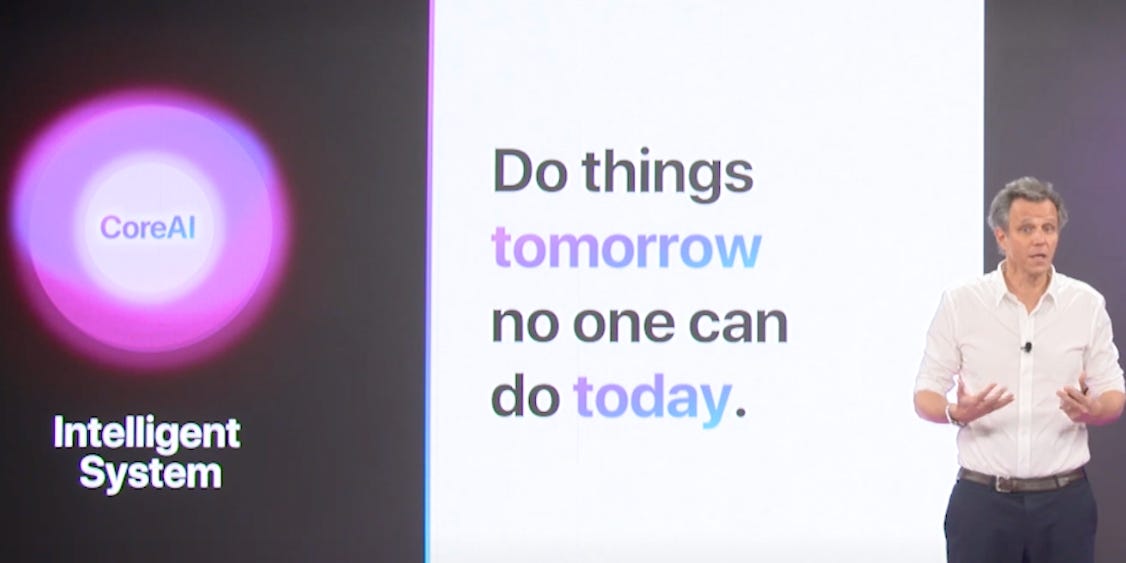Enthusiastic traders responded positively to the latest data surpassing expectations and robust earnings reports from tech firms, driving US stocks higher on January 24.
During the trading session, the Nasdaq 100 experienced a significant increase of over 1%, while the S&P 500 continued its upward trajectory. Notably, Netflix Inc.’s stock price surged as subscriber growth exceeded projections. Moreover, Meta Platforms Inc. achieved a market value of $1 trillion for the first time since 2021.
Despite industry-wide cutbacks and a challenging financial environment, the momentum persists. Let’s delve deeper into this phenomenon.
Microsoft’s Historic $3 Trillion Market Valuation Amidst Apple Competition
On January 24, tech giant Microsoft Corporation briefly reached a historic market valuation of $3 trillion, showcasing the profound impact of optimism surrounding artificial intelligence (AI) on its remarkable growth, as reported by Bloomberg.
Microsoft’s stock climbed by 1.7% during trading hours, peaking at 405.63 and pushing its market capitalization just above \(3 trillion. Ultimately, it closed with a 0.9% gain, setting a new record of \)2.99 trillion.
Surpassing the \(3 trillion milestone solidifies Microsoft’s position as one of the largest publicly traded companies. It briefly outpaced Apple Inc., which previously achieved the \)3 trillion mark before dipping below Apple’s market value. At the close, Apple’s market capitalization stood at $3.01 trillion.
Throughout the year, Microsoft and Apple have been engaged in a tight race for the title of the most valuable stock on Wall Street.
AI: The Beacon of Hope for Big Tech
The latest US economic data, indicating a substantial surge in business activity for January—the most significant in seven decades—has been favorably received by the stock market, according to Neil Dutta from Renaissance Macro. Dutta mentioned, “Equity markets are well-positioned due to slowing growth and decreasing inflation.”
Microsoft’s long-term growth prospects are driven by the demand for AI services and cloud computing assistance. Bloomberg Intelligence forecasts a 15% revenue increase in Microsoft’s 2024 fiscal year, outpacing the broader tech sector.
Furthermore, Microsoft’s strategic investment in OpenAI, the company behind ChatGPT, positions it at the forefront of the market for generative AI dominance. Tech giants like Google Alphabet, Amazon.com, Oracle, and Meta Platforms (Facebook) are also active in this arena.
Microsoft’s advancements in its web search engine and updated versions of flagship productivity software, leveraging OpenAI’s technology, aim to enhance competition with Google’s leading search engine.
On the contrary, Apple faces challenges, particularly in China where iPhone demand is waning. To counter this trend, the company is offering exclusive deals to boost profits amidst fierce competition from local rivals like Huawei Technologies.
Insights from Researchers and Investors
As Microsoft prepares to announce its next quarter earnings later this month, over 90% of economists tracked by Bloomberg recommend buying its shares, underscoring the company’s outstanding performance and popularity on Wall Street. The average analyst price target suggests a potential 7% upside from current levels.
Investors are optimistic about AI’s role in accelerating revenue growth and earnings. Microsoft’s collaboration with OpenAI Inc. is seen as a significant AI enabler, providing AI-powered services to customers.
Microsoft’s success in the AI realm has been attributed to “AI optimism” by Stifel analyst Brad Reback. He highlights Apple’s lack of a “distinct AI narrative” and expresses concerns about market penetration and iPhone sales growth rates.
Legal Challenges and Antitrust Concerns
The US Justice Department is gearing up to file a complaint against Apple, alleging potential violations of antitrust laws following an extensive investigation. The department claims that Apple’s hardware and software restrictions hinder competition from rival companies in the smartphone and tablet markets.
If successful, Apple may join the ranks of the “big four” tech firms—Amazon, Meta, Google, and Apple—that have faced legal scrutiny from the US federal government in recent years for engaging in anti-competitive practices.
Moreover, Google Chrome has introduced three new AI-generative features aimed at enhancing web browsing experience in terms of ease and security.
Various governments worldwide, including the EU, Japan, the UK, US, China, South Korea, India, and Australia, are introducing or considering competition policies targeted at regulating tech giants. These efforts aim to promote fair competition and ethical business practices in the rapidly evolving online market landscape.
Legislative measures such as the ACCC information media bargaining code in Australia, which mandates online platforms to compensate local media publishers, reflect ongoing efforts to address concerns related to customer privacy and website protections.
The enforcement of competitive laws against tech behemoths could reshape the software industry, fostering a more ethical business environment and ensuring healthy competition among companies. Effective legal actions have the potential to transform the software industry’s dynamics significantly.






